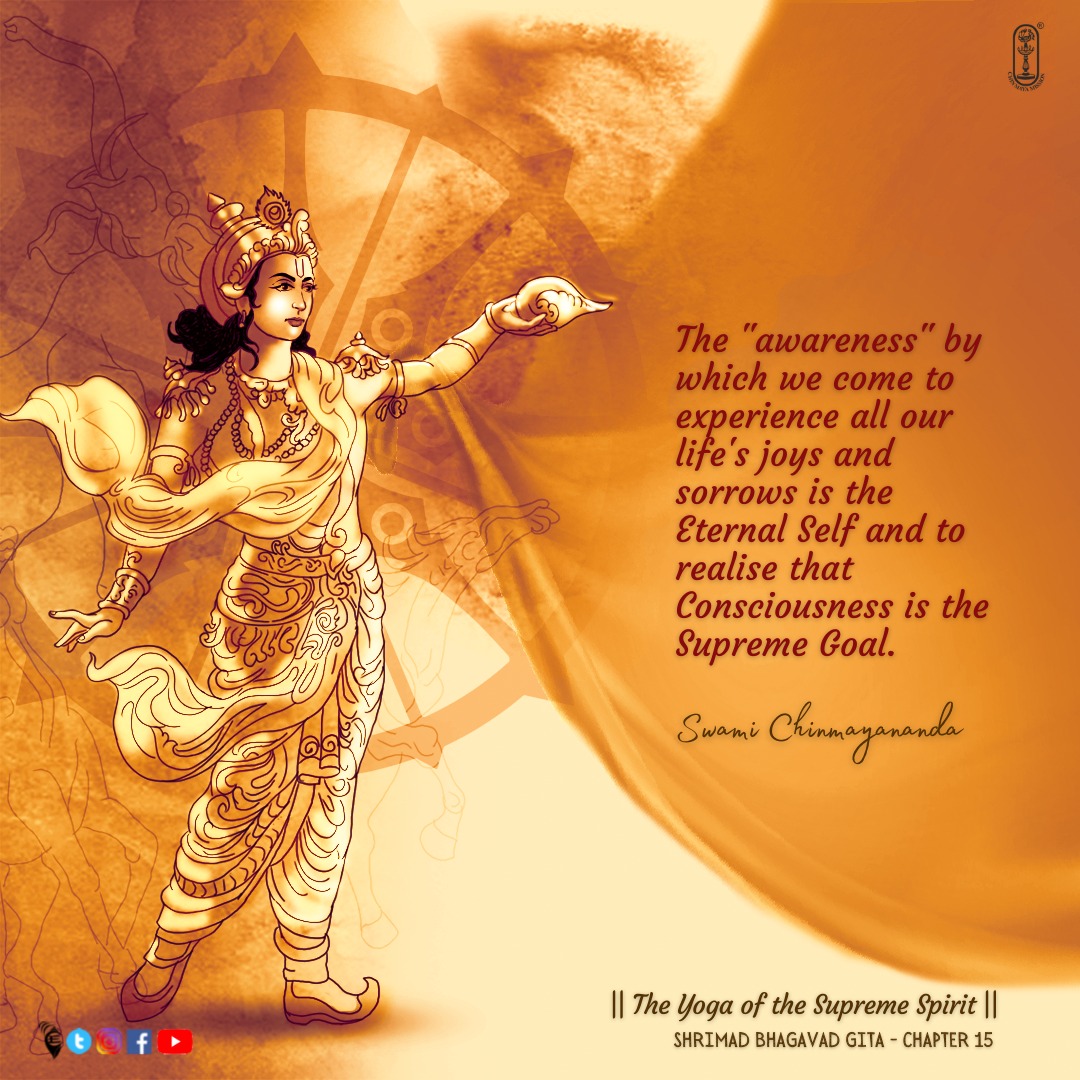1.#Opinion : Thursday, February 02, 2023. 06:00. 3006 /// Ancient Culture ( Samskaram ) of India ( Bharatham ) - 15. Swami Krishnananda.
========================================================================
1.#Opinion : Thursday, February 02, 2023. 06:00. 3006 ///
2.#Chapter 7: The Message of the Mahabharatam.-6.
Post-15.
=========================================================================
The story of the Mahabharata in this historical context is also a lesson for all spiritual seekers. That is to say, in the beginning of the lives of people there is jubilation, and an innocence coupled with ignorance of the facts of life. We are happy not because there is something worthwhile in this world but because we do not know the secrets of life. It was Buddha who said that a wise one cannot stay in this world for three days if he knows what this world is made of. It is burning pits of live coals. And Patanjali, in one of his sutras, says duḥkham eva sarvaṁ vivekinaḥ (Y.S. 2.15): “The whole world is a heap of sorrow to the eye of a discriminating individual.”
Do we not think the world is beautiful? We think there is milk and honey flowing everywhere, and it is good to be in this world which presents us with all kinds of delicacies and comforts which make us feel that all is well with this world. The feeling that all is well with the world, that we shall enjoy this world for a long time to come, that death is far away from us, is an illusion that has been cast before our eyes. But the discriminating one knows the truth. Just as Sri Krishna knew the intention behind the grand reception that Duryodhana offered, the discriminating eye knows what is behind this world.
This world is made up of little atoms finally, as modern science tells us. The solid earth, which is so heavy like granite, is actually made up of little porous substances, and there is no solidity behind it. When I say the world is made up of such porous elements, we are also included in it. You and I, all of us, are part of this world. So when this world is to be recognised as a fluxation, as a movement, as a transitory phenomenon, it follows that we too are included in that phenomenal presentation. The whole presentation, subjectively as well as objectively, is transient movement. Actually, solidity, permanency and substantiality are not in this world, but if we go by the wrong reports that the senses give us and imagine that there is solidity, permanency, and much glory and value in this world, we are actually mistaken.
The Mahabharata, as well as the Ramayana, have a glorious beginning, of course. All is well, there are royal, grand and pompous presentations of every kind, but there is tragedy in the end. The Mahabharata concludes with the great message of Bhagavan Sri Krishna Dvaipayana Vyasa, the author, who says, “Shall I tell you what my message is in the Mahabharata? All accumulation is going to end in its diminution to nil. How much money, how much property, how much land can you gather? One day you will lose it. All accumulation ends in its vanishing at any moment. Those who have risen to high status in society will fall later on. Today you are a king; tomorrow you are a beggar. Today you are adored as the ruler of a country; tomorrow you are on the streets. All wealth will end in destruction, all attainment in social status will be lost, and all union will end in separation one day or the other. Friends will depart, bereavement will take place, and all that you consider as yours will depart from you one day or the other. How long will you live in this world? Only until Yama comes and catches hold of your throat, which is an event that can take place at any moment of time.”










Comments
Post a Comment